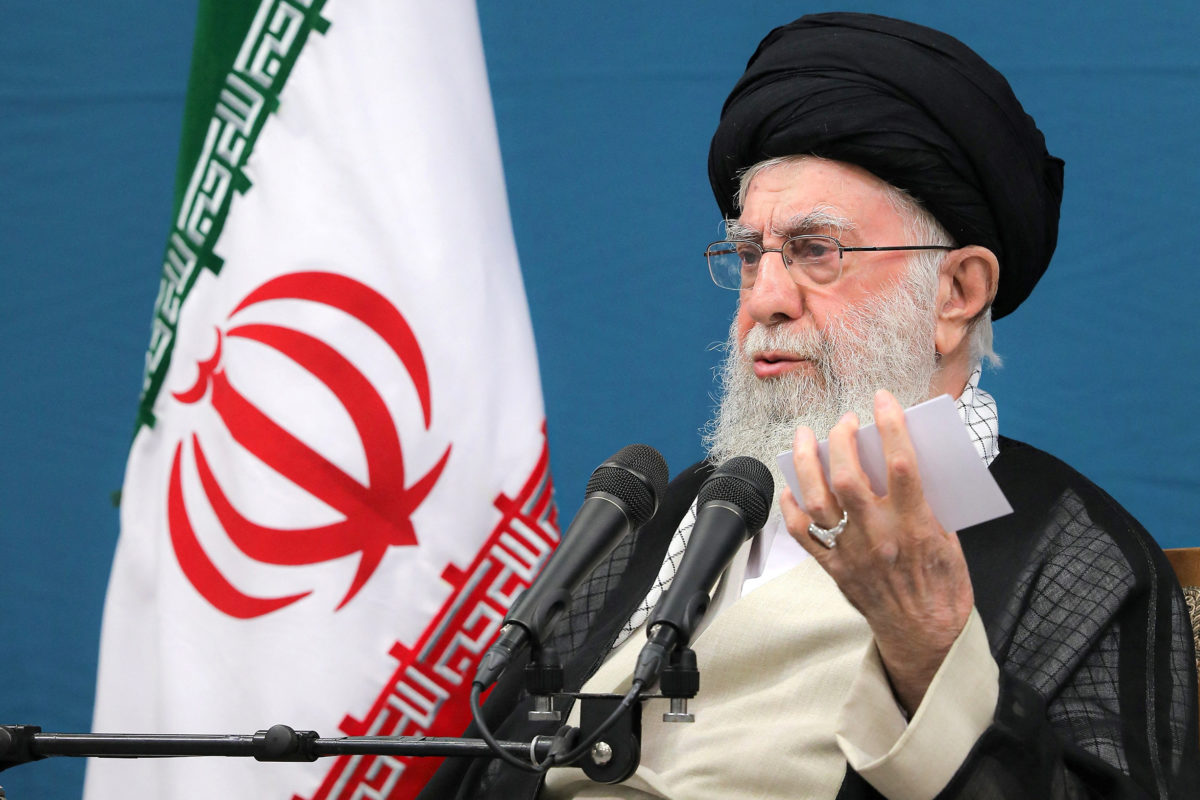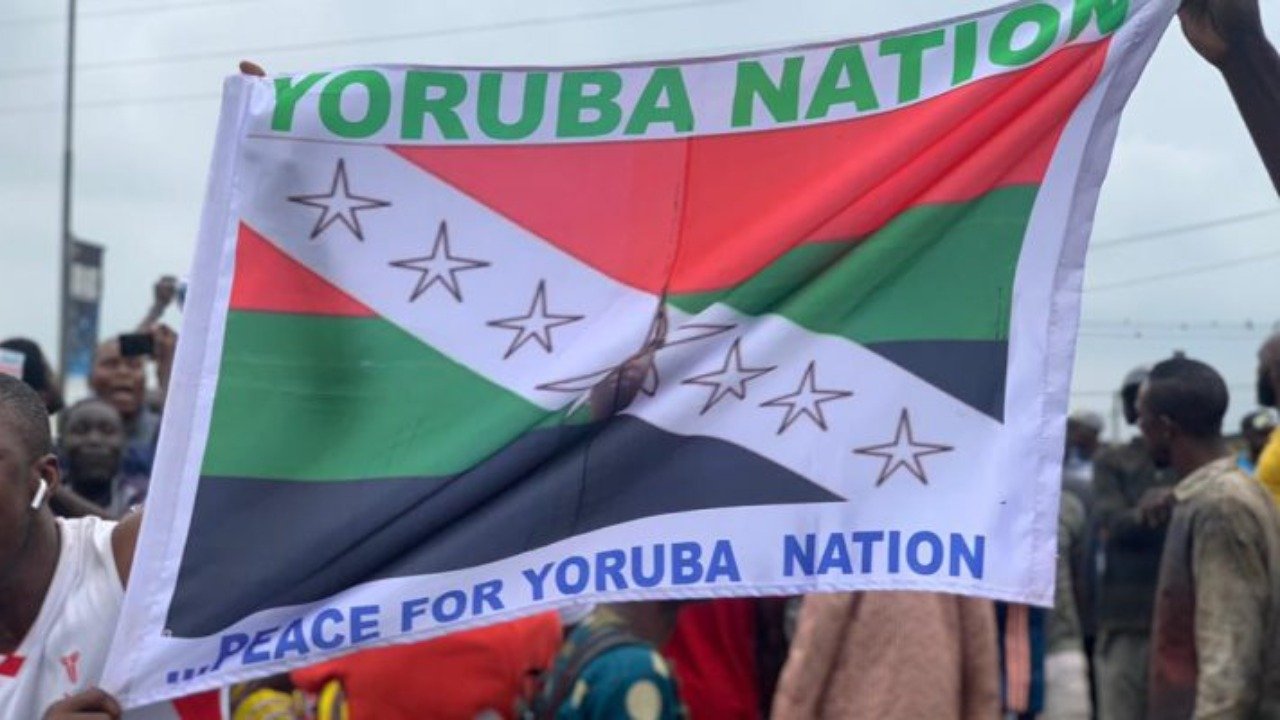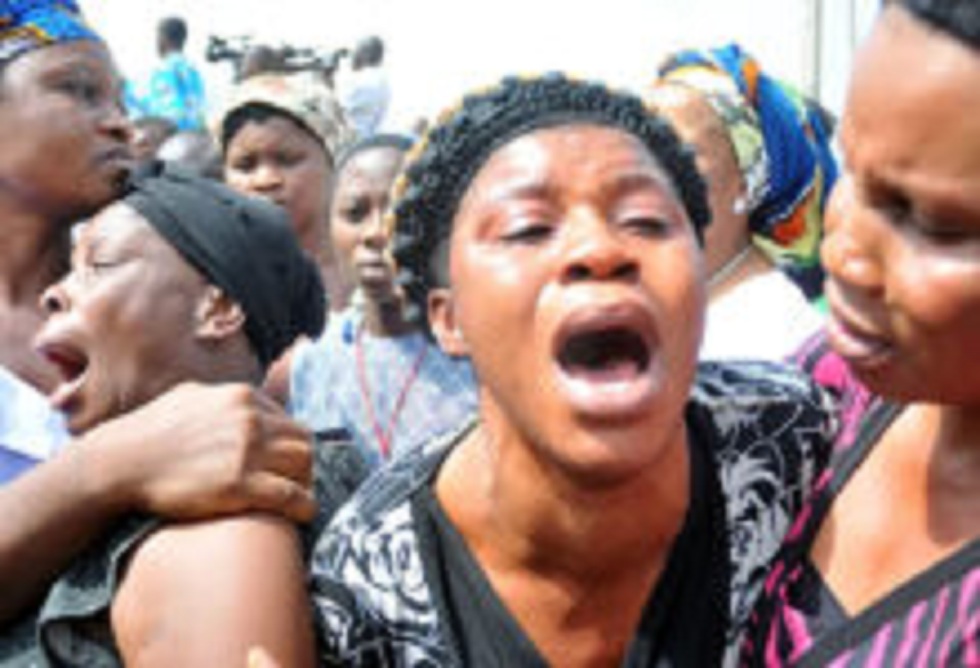By Kayode Emola
Last week, Ariel Henry, the acting Prime Minister of Haiti resigned from his post, forced by circumstances beyond his control: gang violence overtook the country’s capital, rendering it impossible for the ex-PM to return from travel abroad. Less than three years earlier, the man who had instated Henry as PM, former President Jovenel Moïse, was shot dead by Colombian mercenaries.
Haiti has not seen a general election held in the country since November 2016. Its leadership is often formed through what can best be described as backroom agreements by those few already wielding political power. Consequently, the leaders produced from this arrangement lack the legitimacy conferred through democratically organised election.
This system deprives the Haitian people of the opportunity to elect who they want in position and have a say in how they want to be governed. As a result, gang violence is increasing dramatically, raising concerns about the future of this tiny country in America.
Haiti’s downward spiral is a foreshadowing of Nigeria’s own trajectory, if, with its multitude of problems, it does not heed the ever-prominent warning signs. Our politicians’ delusion that they can continue to loot the treasury unimpeded for many years hence may come to an abrupt halt at a moment’s notice should the citizens at any point wake from their slumber.
Inflation is biting ever harder with hardship felt like a thunderstorm up and down the country. Ironically, no thunderstorm has in actuality struck Nigeria other than the abject poverty that our politicians and the military men have imposed on the country. The sad thing is that my people have accepted this as an act of God.
However, as the situation worsens, the devastating effects of hunger are leading many to feel they have no choice other than to start demonstrating on the streets. This may quickly become catastrophic for a nation of over 200 million people where the majority live below the poverty line.
One thing is certain: God cannot be mocked, and therefore whatever seed of pain the politicians have sowed in the land, they will reap it one way or another. Just as the Haitian leadership are now struggling to hold their country together as a result of the injustices they have sown, one day the Nigerian leadership will find out that you can only push the people so far.
Since Nigeria has failed its people in all areas of development, it is time to revisit the idea of the sovereign national conference. I believe this is the only way out of for the country, as any alternative attempt to patch over the people’s complaints will only increase the pain and suffering in the land.
Holding a sovereign national conference will not only give the people a forum in which to voice how they want to be governed, but will also allow the government to save face from embarrassment. The humiliating comparison of Nigeria’s pitiful economy against smaller countries throughout Africa doing far better should motivate this government into action.
We are at a critical point in our history, and we need to act fast to save millions of our people’s lives. We need to educate the children up and down our land of their Yoruba heritage, as many of them have been duped into believing the Nigeria ideology.
The truth is Igbo, Hausa and many other nationalities in Nigeria don’t see themselves as Nigerians. It is we Yoruba who are so obsessed with promulgating this failed experiment called Nigeria. For example, Igbo families invest effort into educating the younger generations on their nation’s fight for independence; whilst conversely Yoruba parents encourage their children to pray for Nigeria.
I am no prophet, but I know that if we don’t begin to educate our young ones about their identity, we risk losing millennia of culture and tradition in the blink of an eye. If in doubt, go and ask the middle belt of Nigeria how the Nok culture evaporated without a trace. I pray and hope that both our traditional leaders and our people will awake to their responsibilities within the community.
Yoruba people have a rich culture and a vibrant international community. It would be no great difficulty to form a commonwealth between the Yoruba nations at home and those in the diaspora that would far surpass the British commonwealth of nations. In such a way, we would be able to harness the vast human and material resources we have accumulated over the years for the benefit of our people and can make Yorubaland great again.


 Headline5 days ago
Headline5 days ago
 Headline6 days ago
Headline6 days ago
 Featured5 days ago
Featured5 days ago
 Featured5 days ago
Featured5 days ago
 National5 days ago
National5 days ago
 Featured3 days ago
Featured3 days ago
 National6 days ago
National6 days ago
 News3 days ago
News3 days ago













